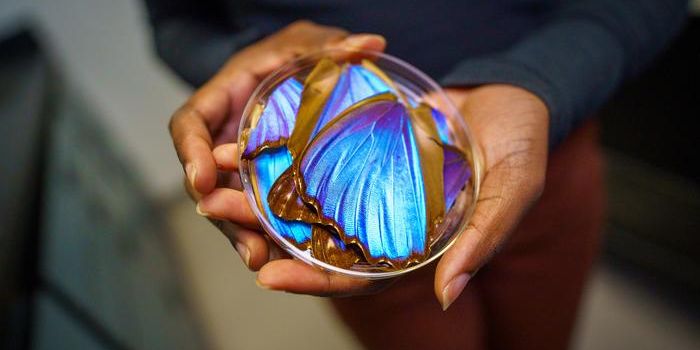Jury Awards $417M in Baby Powder Cancer Case
A California patient claimed her ovarian cancer was caused by Johnson & Johnson’s baby powder product. She sued, and in a historic ruling, the court ordered the company to fork over a record $417 million in damages.
The patient is 63-year-old Eva Echeverria who has been faithfully using the baby powder on her body since she was 11. Specifically, she used the powder for feminine hygiene purposes, a practice that Johnson & Johnson (J & J) did not caution against until very recently in 2016. By the time J & J made the warning public, Echeverria had already been battling ovarian cancer for 10 years.
Echeverria believed her terminal ovarian cancer was linked to the prolonged use of the talc powder. And in court, her lawyers alleged that J & J had known about such cancer link for some time, but had failed to warn consumers adequately of the product’s risks.
Meanwhile, J & J countered that the science behind the link between talc powder and ovarian cancer is inconclusive. They also reiterated science that supports the safety of the talc powder.
In the end, the jury agreed with Echeverria, and J & J was ordered to pay $70 million in compensatory damages, and another $347 million in punitive damages. All told, the payout of $417 will be the largest sum that’s been awarded in the string of talcum cases plaguing J & J.
Last year, the company lost three similar cases in Missouri, resulting in a total payout of over $300 million in damages. And in May, in another talc-related lawsuit, the company was ordered to pay $110.5 million to a 62-year-old ovarian cancer patient in Virginia.
But according to Echeverria’s lawyers, the case is not about money; rather, it’s about bringing awareness to a potentially carcinogenic product that most of us have in our houses right now.
“Mrs. Echeverria is dying from this ovarian cancer and she said to me all she wanted to do was to help the other women throughout the whole country who have ovarian cancer for using Johnson & Johnson for 20 and 30 years,” said Mark Robinson, Echeverria’s attorney. “She really didn’t want sympathy. She just wanted to get a message out to help these other women.”
"Johnson & Johnson had many warning bells over a 30 year period but failed to warn the women who were buying its product," he said.
J & J plans to appeal the Echeverria cases and others. "We will appeal today's verdict because we are guided by the science," said Carol Goodrich, spokesperson for Johnson & Johnson Consumer Inc.
Additional sources: BBC









